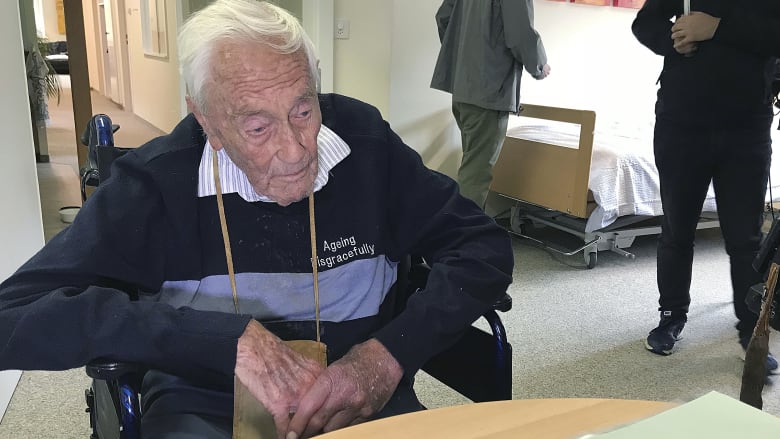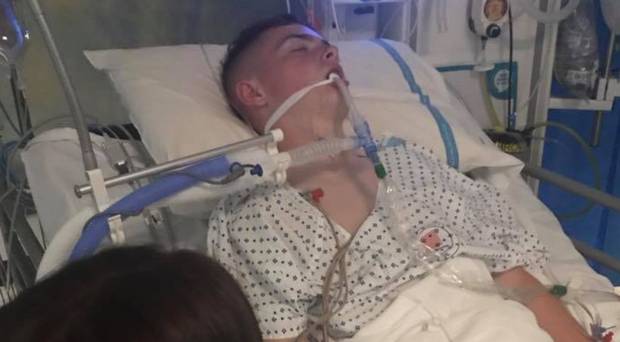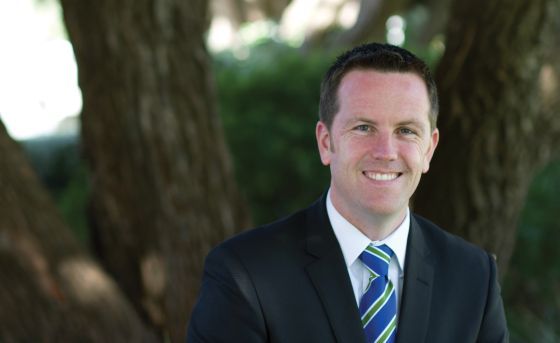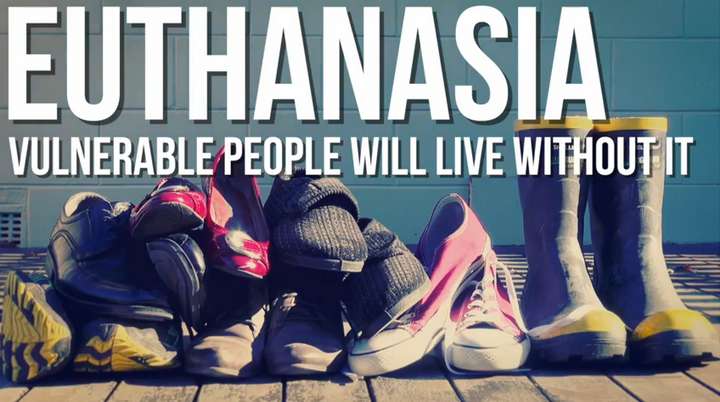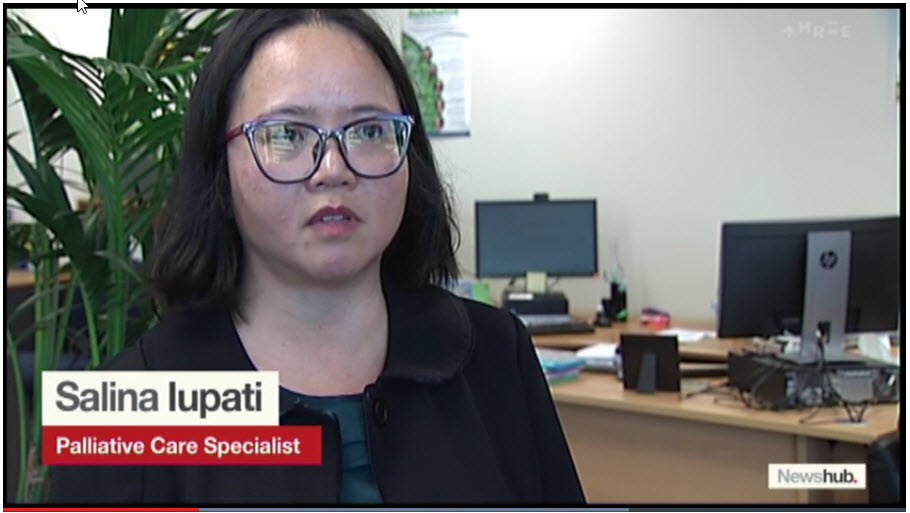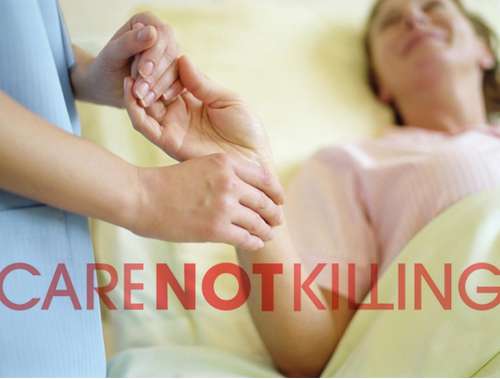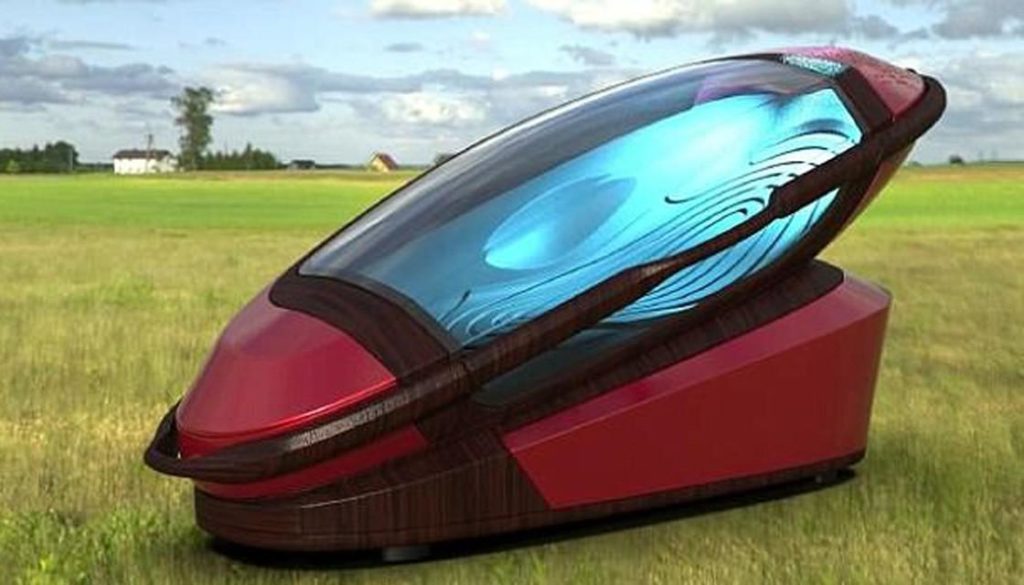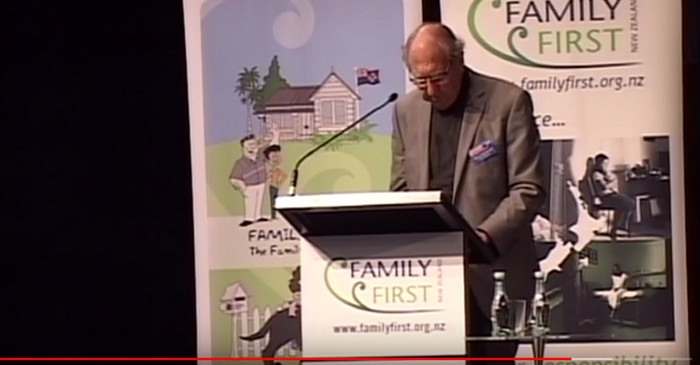
NZ Herald 19 May 2018
Family First Comment: “The reason is not because I’m pig-headed or because I don’t have any empathy for those who are in difficult situations. We don’t need it; if you talk to the bulk of our palliative care positions they will tell you they can manage even the most difficult illness or disability.”
www.protect.org.nz
A retired professor with more than four decades of medical practice as a geriatrician and terminal care manager says he has grave concerns for the future if voluntary euthanasia is legalised.
Dr David Richmond, professor emeritus of geriatric medicine at the University of Auckland and founder of the HOPE Foundation for Research on Ageing, said he would never support medically assisted dying, even in the most difficult of circumstances.
“The reason is not because I’m pig-headed or because I don’t have any empathy for those who are in difficult situations.
“We don’t need it; if you talk to the bulk of our palliative care positions they will tell you they can manage even the most difficult illness or disability.”
Richmond said proponents were failing to take responsibility for the long term issues associated with medically assisted death.
“Although within the first year of legalising euthanasia it may be looked at as being okay with no problems, by the time you get to eight to 10 years out it begins to create the most horrendous problems, not only to the medical profession but society as a whole.”
His biggest concern was that doctors and nurses would become too relaxed about the due processes in place and end the lives of those who either didn’t want euthanasia or weren’t eligible.
READ MORE: https://www.nzherald.co.nz/hawkes-bay-today/news/article.cfm?c_id=1503462&objectid=12052785


